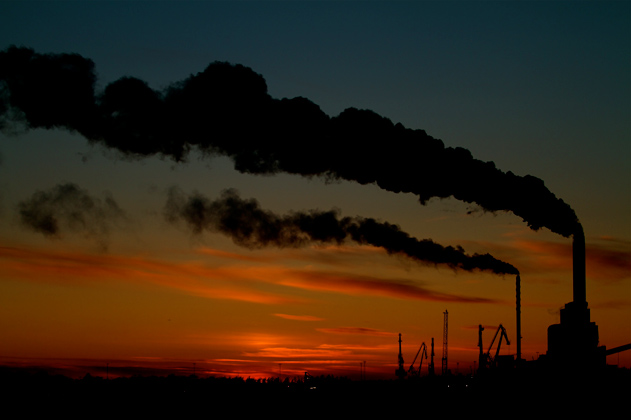“Therefore the winds, piping to us in vain, As in revenge have sucked up from the sea Contagious fogs which, falling in the land, Have every pelting river made so proud That they have overborne their continents. The ox hath therefore stretched his yoke in vain, The ploughman lost his sweat, and the green corn Hath rotted ere his youth attained a beard. The fold stands empty in the drowned field, And crows are fatted with the murrain flock. The nine men’s morris is filled up with mud, And the quaint mazes in the wanton green For lack of tread are indistinguishable.”
So did Shakespeare express his view through the eloquent mouth of Titania, Queen of the Faeries, in A Midsummer Night’s Dream. So even all those centuries ago, it was understood that man could—and does—have an impact on nature. We can choose whether that impact is negative or for the good.
It puzzles me that there are still those who question this, especially since we have far more recent examples of how behavioral change can have immediate benefits. Remember when parts of the US were blighted by acid rain? And what about London’s notorious (and noxious) pea-soup fogs? Both long a thing of the past and both resolved through affirmative action to address the root cause of the issue. A matter of forty years ago, traffic policemen at the Ginza crossing in Tokyo needed to take ‘oxygen breaks,’ so heavy was the pollution, and some of the city’s rivers were considered fire hazards. But look at Tokyo now: there are salmon in the Sumida River and—in the winter months at least—Mount Fuji is seen quite clearly from the capital city’s high-rise buildings.
That Copenhagen has been an utter failure is now quite clear. The reasons for that failure will be debated for a long time to come, but in the final analysis, politics is at the very heart of it, with vested business interests just a heartbeat away. Fingers are being pointed, blame attributed, and seemingly random targets for CO2 reduction are bandied about, argued over, decried, and dismissed; and there are even questions over whether this is, in fact, what the debate should be about anyway.
I am not a scientist, nor am I a politician, but I do care about what climate change is doing to our planet, and I wonder whether those at the sharp end—as it were—care as much about that as they do about their ‘positions.’ It is almost as if they were all in an airplane; one of the wings drops off and the cry goes up: it’s the wing on your side, we’re OK, thank you.
Ian de Stains OBE is the executive director of the British Chamber of Commerce in Japan. Views expressed in this column are purely his own and are not necessarily endorsed or shared by the Chamber.









